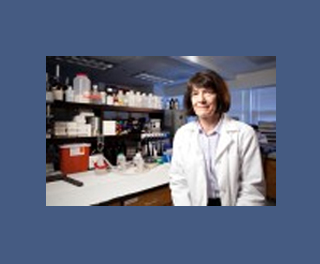
Triclosan supposedly gives soaps and lotions the antibacterial factor and can be found across a variety of popular products. While conceiving, estrogen sulfotransferase apparently aids in metabolizing estrogen and migrats it from the placenta into the developing fetus. It is here that estrogen probably plays an important role in brain development and the regulation of genes. In pregnancy, the placenta is known as a developing baby’s in-womb survival kit. Apart from providing food and oxygen, the placenta may also create important hormones like progesterone and estrogen. Possibly estrogen decides the amount of oxygen that the baby should get from the mother’s uterine artery.
James, a professor and chairwoman of medicinal chemistry in the UF College of Pharmacy, quoted, “We suspect that makes this substance dangerous in pregnancy if enough of the triclosan gets through to the placenta to affect the enzyme. We know for sure it is a very potent inhibitor. What we don’t know is the kinds of levels you would have to be exposed to see a negative effect. We know it is a problem, but we don’t know how much of a problem. We need to move forward and do additional studies.â€
In case of estrogen deficiency, the artery reportedly constricts leading to a reduction in blood flow. Maintaining appropriate levels of the hormone during pregnancy seems to be difficult. While excess estrogen apparently sends the mother’s body into premature labor, inadequacy can damage the flow of oxygen. Both increased as well as decreased levels of the estrogen possibly affects the way the baby’s brain develops. Substances in antibacterial products appear to combine with estrogen receptors and mimic estrogen or keep estrogen off its receptors or change the metabolism of estrogen. Additional investigations will be undertaken to analyze the effects of triclosan on human health.
The research was published in the November print issue of the journal Environment International.
